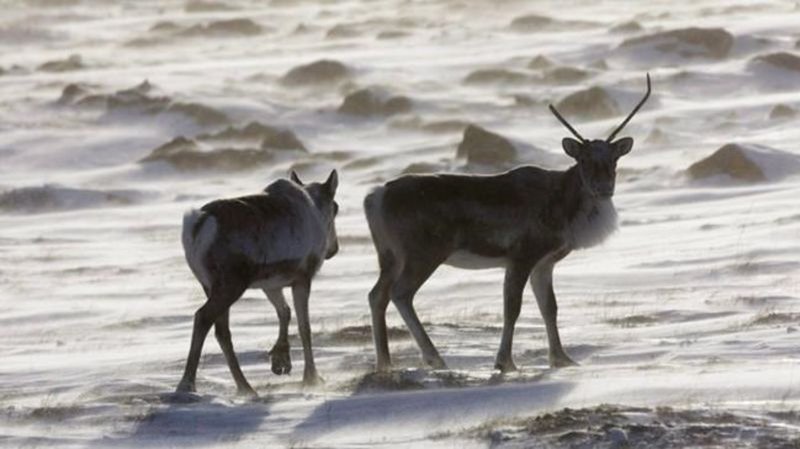
B.C. subsidizes energy drilling on caribou habitat it promised to protect, study says
British Columbia is subsidizing oil and gas well drilling on the same land it has promised to protect for caribou, new research has found.
“The B.C. government has made a lot of commitments to caribou habitat restoration and it’s not really working,” said Adriana DiSilvestro, a University of British Columbia graduate student and lead author on the project.
“The fact there are oil and gas operations being subsidized in areas the federal government has deemed critical habitat is a piece to this puzzle.”
DiSilvestro and her colleagues first identified wells in northeastern B.C. and located them on federal maps showing critical habitat for woodland caribou, a threatened species for which the province has promised the federal government to develop a recovery plan.

